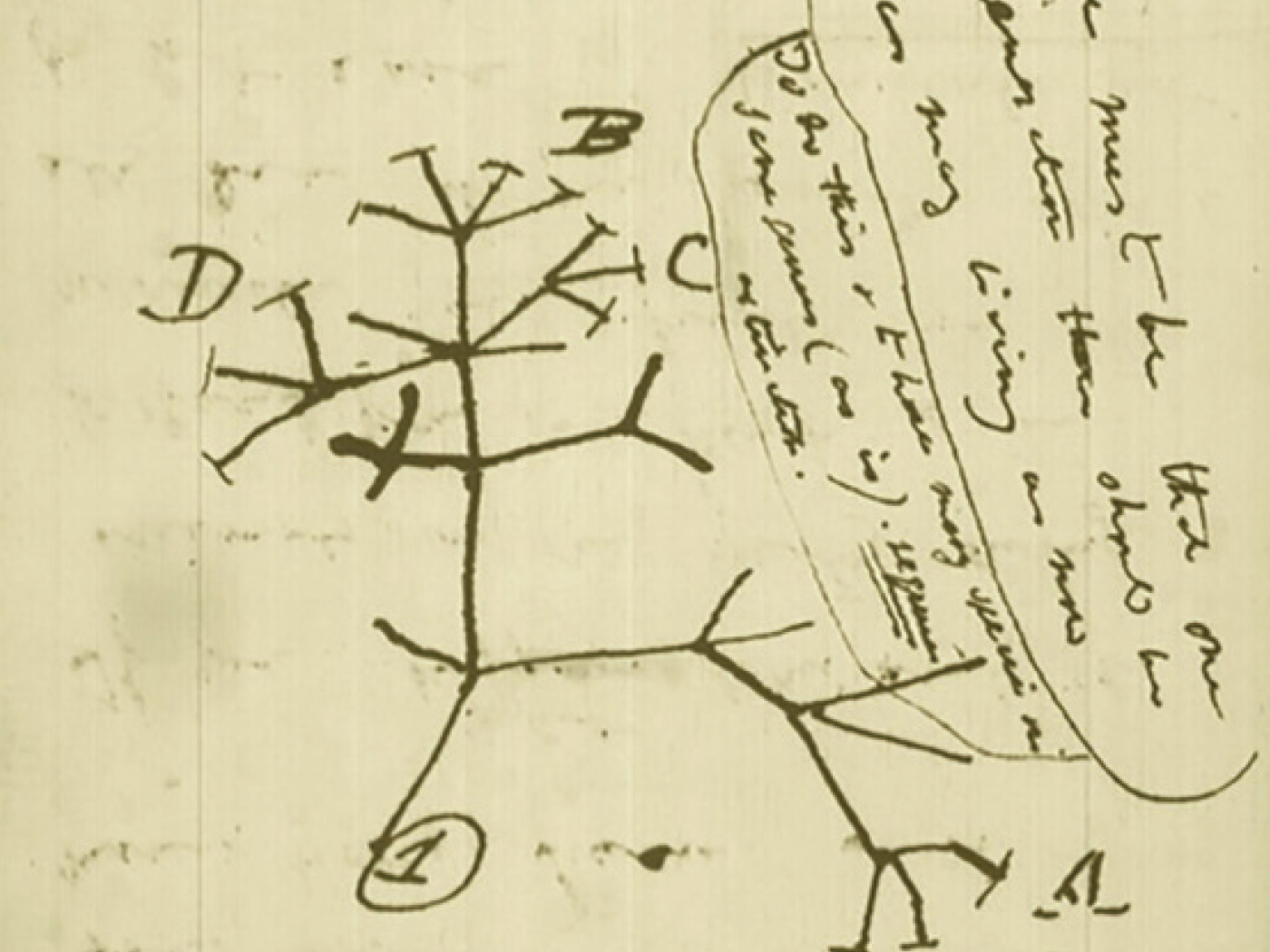
First Land Bug Buried in the Flood
The Scottish island of Kerrera has produced the earliest known bug in the fossil record, a millipede.1 It was found in Silurian System rocks recently claimed by secular scientists to be 425 million years old.1 Unexplainably, their millipede fossil just seemed to show up, fully-formed as a completely functioning “creeping thing.”

Oysters and Opportunities
Under ideal circumstances, we can do a lot of good. But when circumstances handicap or restrict our potential—in ways we cannot circumvent—we just do the best that we can.
That principle is true for humans as well as in the water-filtering services of the humble bivalves we call oysters—according to recent research involving the University of Maryland.1,2

The Rocket Bug: Lone Insect of the Open Ocean
Various water-striding insects use small body sizes, long legs, and fine hairs on their feet to skate on the surfaces of ponds and streams. But life on the open ocean presents tougher challenges than landlocked waterways. Waves, fishes, salt, and birds should spell disaster for such small striders.

Dumbo Octopus, God's Wonder in the Deepest Deep
About 3,000 years ago, the Bible taught that the “wonders in the deep” are the “works of the Lord.”1 Now that truth has been illustrated with even greater depth by the documented sighting of a super-deep-sea octopus—about 21,000 feet deep at the ocean’s bottom, to be specific.2,3

New Australian Dinosaur Surprises Evolutionists
A new study published in the journal Gondwana Research has identified a rather out-of-place bone from a theropod dinosaur called an elaphrosaur that apparently didn’t eat meat.1 In fact, it was toothless.







